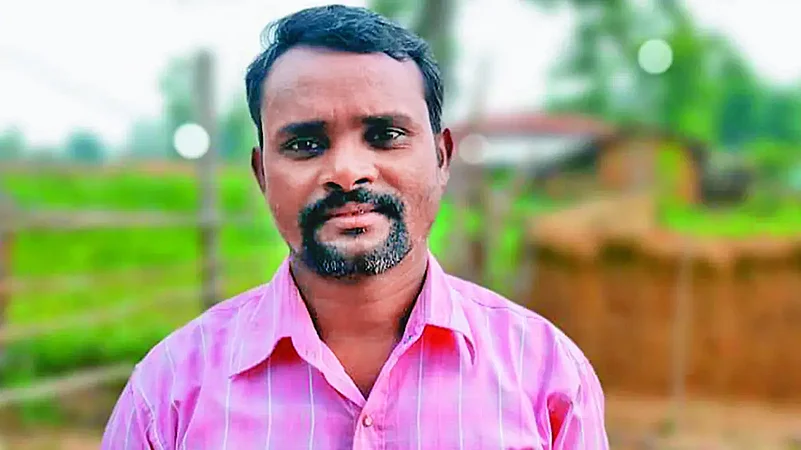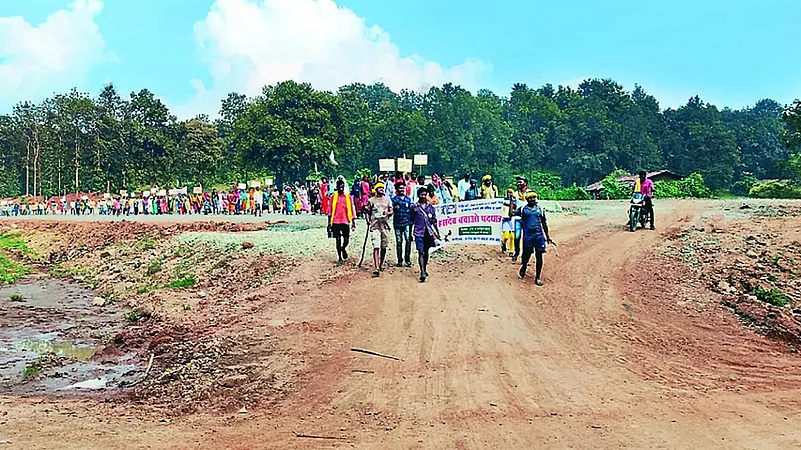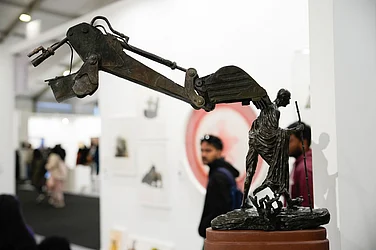When the Chhattisgarh Assembly recently passed a unanimous resolution urging the Union government to cancel all coal blocks in Hasdeo Aranya forest area, it marked a great victory for a movement that has captured global attention. The movement didn’t have any celebrity or famous name attached to it. It was led by little-known Adivasis, who had little idea about their rights in the beginning, but could soon articulate the finer details of Schedule V. Without any external financial support, it was run solely on collections generated by villagers and defeated the collective attempts, to begin mining in the area, by two state governments, Rajasthan and Chhattisgarh, the Centre, as well as a big corporate group.
The movement began a decade ago against mining in the Hasdeo zone that has five coal blocks—Parsa, Parsa East Kete Basan (PEKB), PEKB Extension, Gidhmuri Paturia, Madanpur South and Chotia. The zone is spread over 1,878 sq km in Korba, Surguja and Surajpur districts of Chhattisgarh.

“I was a student when mining began here. PEKB had been allotted to Rajasthan Rajya Vidyut Utpadan Nigam Limited, and Adani Group was the mine developer and operator. I thought that it would give us employment. But it wasn’t to be,” says 34-year-old Ramlal Kariyam, resident of Salhi village in Surguja. At the same time, forests were being cleared, diminishing elephant habitats. “Where would the animals go? So we decided to save the forest and grazing lands. We went to each village and alerted them about the issue,” he says.
Instead of making Adivasi displacement their sole issue, they focused on many others like environment & wildlife, to underline how mining affected the whole state.
As villagers protested the mining and resisted the acquisition of their land, activists of other parts of Chhattisgarh also joined in, leading to the formation of Hasdeo Aranya Sangharsh Samiti in 2014. It now has a Convenor’s Collective comprising some 15 key members, with several hundred residents of the 30-35 villages in Hasdeo area as members. “We have no external funding. We collect funds from villagers. We are mostly paddy farmers,” says Kariyam. Ninety percent of the protesting Adivasis belong to the Gond community.
Significantly, the Samiti didn’t make the displacement of Adivasis of these villages the sole issue. They brought in a range of issues including environment, wildlife, and underlined how mining would affect the entire state. Transforming itself into a comprehensive civil rights movement, the Samiti empowered Gram Sabhas, which passed resolutions under Schedule V to save their land.
“Earlier, Adivasis were not aware of their constitutional rights. We made them aware of their rights. Though there were several mines in the area, it became clear that it had to be a common movement for Hasdeo,” says Samiti’s member Alok Shukla, a Raipur-based activist. The movement gradually moved out of the forest and spread across the state as a large number of students and professionals took to the streets against mining. The issue was raised at international forums. “It is no longer a movement against a mine. It is an environmental issue, as well as an Adivasi one,” says Shukla.
The biggest contribution of this movement is towards the organic emergence of a vibrant civil society in Chhattisgarh, led by Adivasis.
(This appeared in the print edition as "Gondwana Rebellion")
Liked the story? Do you or your friends have a similar story to share about 'ordinary' Indians making a difference to the community? Write to us. If your story is as compelling, we'll feature it online. Click here to submit.


























